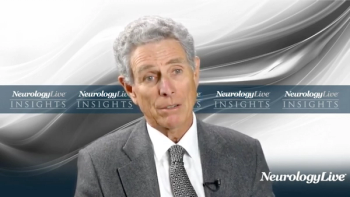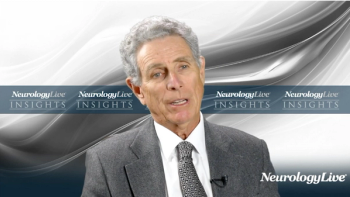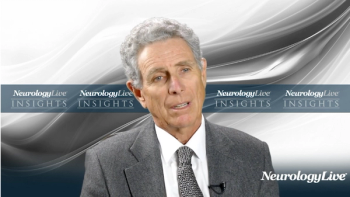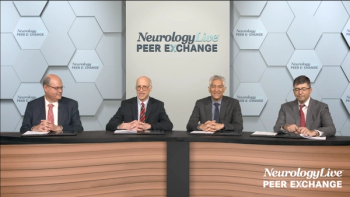
Videos

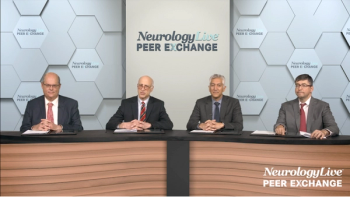
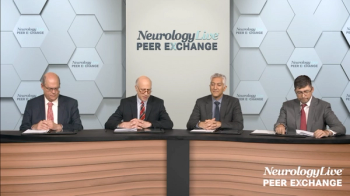

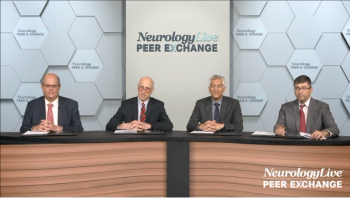
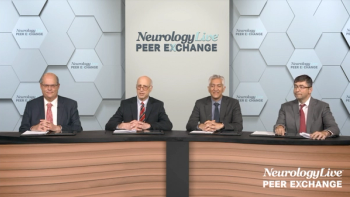


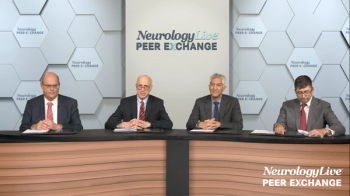
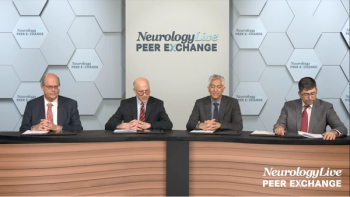
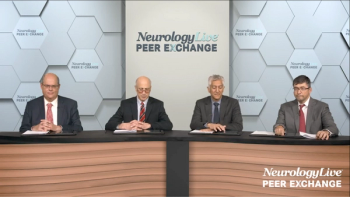





A prospective case controlled study looked at the relationship of retinal blood flow and vessel density to early onset Alzheimer disease and mild cognitive impairment.

Neurology News Network for the week ending April 27, 2019.

Neurology News Network for the week of April 20, 2019.

The senior preclinical and clinical imaging scientist at the National Institute of Neurological Disorders and Stroke spoke about the potential of the central vein sign to help improve the time to an accurate diagnosis in MS.

Neurology News Network for the week of April 13, 2019.

The senior preclinical and clinical imaging scientist at the National Institute of Neurological Disorders and Stroke gave a presentation on a volumetric segmented echo-planar-imaging (3D-EPI) sequence, which could be used to detect novel biomarkers such as the central vein sign rapidly.

Neurology News Network for the week of April 6, 2019.

A study looked at at levodopa/carbidopa administration soon after the diagnosis of Parkinson disease.
